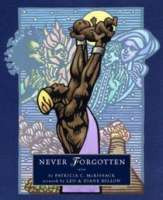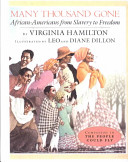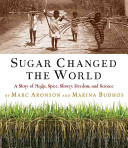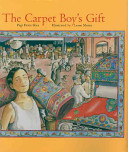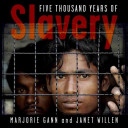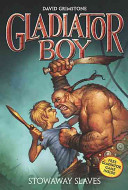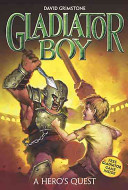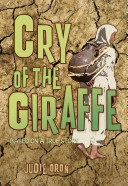
One girl’s harrowing trek from exile and slavery to hope in a new land — all based on a true story. In the early 1980s, thousands of Ethiopian Jews fled the civil unrest, famine and religious persecution of their native land in the hopes of being reunited in Jerusalem, their spiritual homeland, with its promises of a better life. Wuditu and her family risk their lives to make this journey, which leads them to a refugee camp in Sudan, where they are separated. Terrified, 15-year-old Wuditu makes her way back to Ethiopia alone. “Don’t give up, Wuditu! Be strong!” The words of her little sister come to Wuditu in a dream and give her the courage to keep going. Wuditu must find someone to give her food and shelter or she will surely die. Finally Wuditu is offered a solution: working as a servant. However, she quickly realizes that she has become a slave. With nowhere else to go, she stays — until the villagers discover that she is a falasha, a hated Jew. Only her dream of one day being reunited with her family gives her strength — until the arrival of a stranger heralds hope and a new life in Israel. With her graceful long neck, Wuditu is affectionately called “the giraffe.” And like the giraffe who has no voice, she must suffer in silence. Based on real events, Wuditu’s story mirrors the experiences of thousands of Ethiopian Jews.
